
The recent FDA approval of Lonsurf plus Avastin for metastatic colorectal cancer improves survival and quality of life, an expert said.

The recent FDA approval of Lonsurf plus Avastin for metastatic colorectal cancer improves survival and quality of life, an expert said.


The best of humanity met me at the worst time of my life when I found “my people” after receiving a stage 4 colorectal cancer diagnosis.

The FDA approved Tukysa plus Herceptin for previously treated patients with HER2-positive metastatic colorectal cancer.
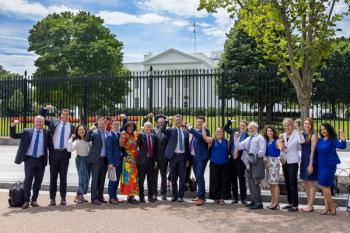
My trip to the White House to advocate for myself and other patients with cancer was an empowering and memorable experience.
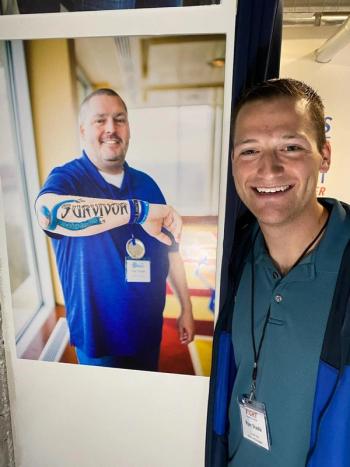
After my dad died of colorectal cancer, I knew I had to continue advocacy work in his honor.
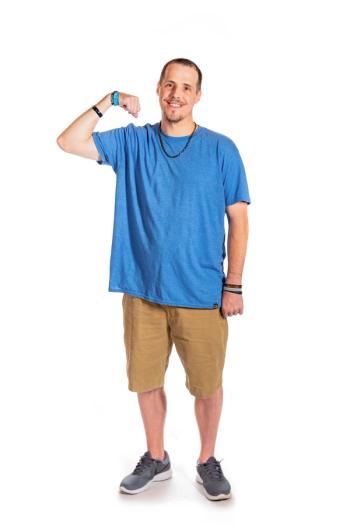
The way I saw it was that I could either die from cancer, or from the side effects from the clinical trial. It was a difficult decision to make, but I am glad I chose it.
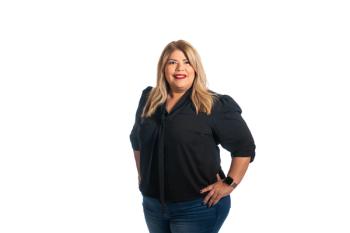
A stage 3 colorectal cancer survivor shares her story of being diagnosed right before the COVID-19 pandemic.

After my mom died of colon cancer, I became an advocate with the hopes that fewer people would be lost to the disease.

After being diagnosed with colorectal cancer, my ostomy — which I named Toodles — opened up a world of body positivity for me.

After being diagnosed with stage 4 colorectal cancer, I made it a mission to share my story and help others.
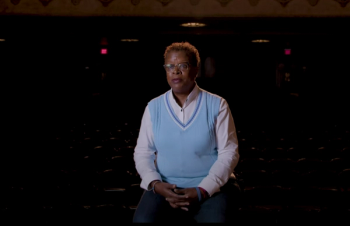
After being diagnosed with stage 2 colorectal cancer, I discovered that I had two sisters — and a family predisposition to cancer.

A teenager from Pennsylvania whose father died from colorectal cancer explains the impact it had on her life and how she has stepped into the field of advocacy to help others.

On this episode of the “Cancer Horizons” podcast, a colorectal cancer survivor explains how she was the last patient to receive a colonoscopy leading to her stage 3 diagnosis as her doctor’s office shut down because of COVID-19 in March 2020.

Dr. Colin Zhu, also known as “The Chef Doc,” recently shared his tips for maintaining a healthy gut with national nonprofit Fight Colorectal Cancer (Fight CRC).

No-Shave November has gone from a beloved tradition to one of the most notable fundraising campaigns benefiting cancer research.

Highlights from the third annual early-age onset colorectal cancer international symposium, Rally on Research: EAO CRC.

Lifestyle exposures may be interconnected to the increase in early onset colorectal cancer cases.

Since Fight CRC’s inception, we’ve recognized the need to put the patient voice in all things research, ensuring that science has the community’s best interests in mind.

Fight CRC had some questions for Gwendolyn about her experience as Fight CRC Ambassador.

Whether you live in these states or not, take a moment to celebrate these victories with us!

The upcoming symposium will give members of the colorectal cancer community a chance to spread awareness and discuss prevention and treatment strategies for the disease in younger age groups.
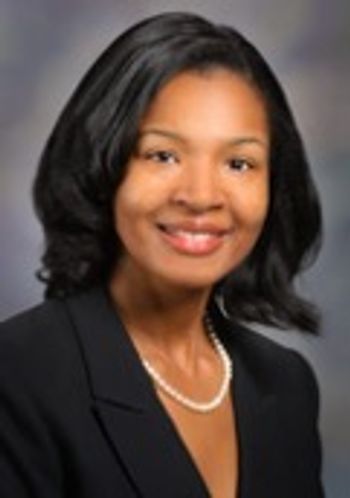
One of the most prominent differences is how cancer and cancer treatments can affect fertility.
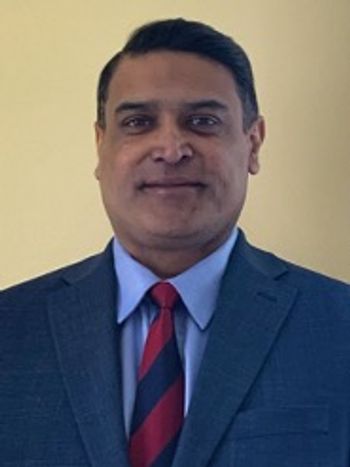
A well-known antiracism activist and author Ibram X. Kendi, also a stage IV colon cancer survivor, revealed his scars and shared his story through a GQ profile designed to highlight diverse patient populations within colorectal cancer.

The first blog in this series will introduce you to our two clinical trial champions, Maia Walker, Lead Curator of the Fight Colorectal Cancer Trial Finder, and Manju George, Scientific Director of COLONTOWN.
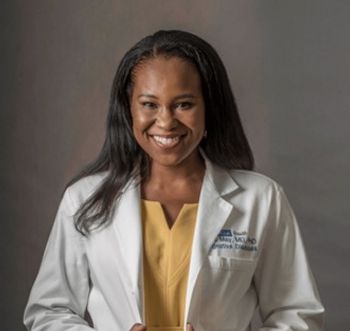
Colorectal cancer (CRC) is an example of a disease lacking health equity in the United States. CRC cases and deaths are 20% and 40% higher, respectively, in Black compared to White individuals.


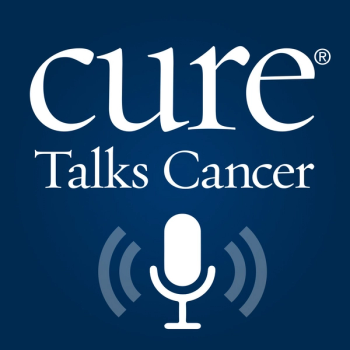
This week on the “CURE® Talks Cancer” podcast, to kick off Colorectal Cancer Awareness Month, we spoke with colon cancer survivor April Schack about what it was like to be diagnosed at age 36 and how she’s working with Fight CRC on a new campaign that aims to raise awareness about the disease, so that no one has to go through what she did.

Although meeting in person was impossible, the research forged ahead, exciting results were presented, and those in the field continued to engage with just as much energy as previous years.